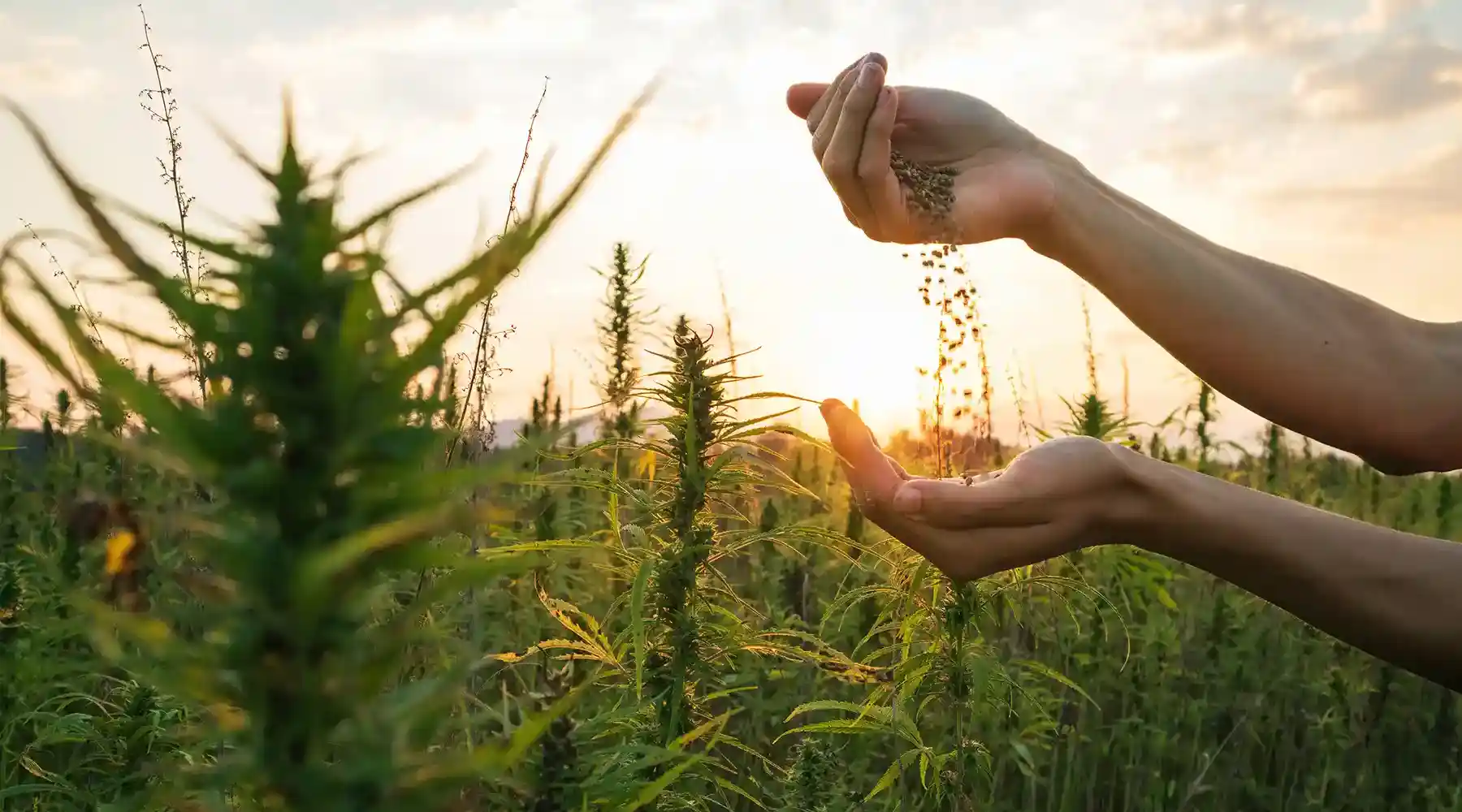A Journey Through Cannabis Legislation
The Legal History
Explore the transformative journey of cannabis from the shadows of prohibition to the forefront of legal acceptance.

Tracing Cannabis Legislation
Cannabis Legalization Timeline
Key events that shaped the legal landscape of cannabis.
1937
Marihuana Tax Act
The Marihuana Tax Act effectively criminalized cannabis, imposing strict regulations and taxes on its sale and use.
1970
Controlled Substances Act
Cannabis was classified as a Schedule I drug, marking it as having no accepted medical use and high potential for abuse.
1996
California Legalizes Medical Cannabis
California became the first state to legalize cannabis for medical use, setting a precedent for other states to follow.
2012
Recreational Legalization in Colorado and Washington
Colorado and Washington became the first states to legalize cannabis for recreational use, paving the way for nationwide reform.
2018
2018 Farm Bill was a turning point for cannabis in the United States.
The 2018 Farm Bill was a turning point for cannabis in the United States. By removing hemp (cannabis with less than 0.3% THC) from the list of controlled substances, it made hemp and its derivatives federally legal. Since cannabis seeds don’t contain THC, they are considered hemp by definition. This ruling effectively legalized the sale and possession of cannabis seeds nationwide, opening the door for growers, collectors, and seed banks to operate openly under federal law.
Cannabis Legalization FAQs
Explore common inquiries about the journey of cannabis from prohibition to legalization, and gain insights into its current legal status.
What led to the prohibition of cannabis?
Cannabis was prohibited due to early 20th-century legislation influenced by political, racial, and economic factors, leading to its classification as an illegal substance.
How has cannabis legalization impacted society?
Legalization has resulted in economic growth, reduced crime rates, and increased public awareness about cannabis use and its benefits.
What are the benefits of legalizing cannabis?
Legalization offers benefits such as increased tax revenue, job creation, and regulated, safer cannabis products for consumers.
Is cannabis legal in all states?
No, cannabis legality varies by state, with some allowing recreational use, others permitting only medical use, and a few maintaining prohibition.
How does cannabis legalization affect medical research?
Legalization has expanded opportunities for scientific research, enabling studies on cannabis’s medical benefits and potential therapeutic uses.
What challenges remain after cannabis legalization?
Challenges include regulatory inconsistencies, banking restrictions, and addressing social justice issues related to past cannabis convictions.
How can consumers ensure they are purchasing legal cannabis?
Consumers should buy from licensed dispensaries and check for state-approved labeling to ensure product legality and safety.
What is the future of cannabis legalization?
The future may see broader legalization, increased acceptance, and further integration of cannabis into mainstream markets and medicine.
How does cannabis legalization influence public health?
Legalization promotes public health by regulating product quality, reducing illicit market risks, and supporting educational initiatives on responsible use.
Join Our Community
Sign up with your email to get exclusive updates, offers, and tips delivered straight to your inbox.

Parting Thoughts
The legal history of cannabis is more than a tale of changing laws — it’s a reflection of society’s values, fears, and evolving understanding of a complex plant. From ancient medicine to mass incarceration to billion-dollar industry, cannabis has worn many hats.
Explore Our Cannabis Seeds
Discover our diverse selection of premium cannabis seeds and start your cultivation journey today. Experience quality and variety like never before.






